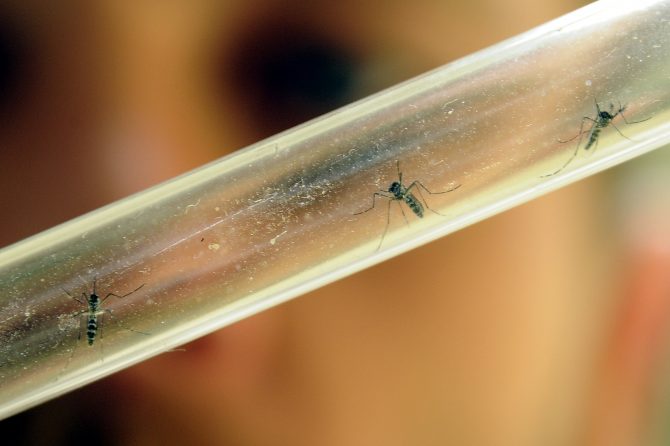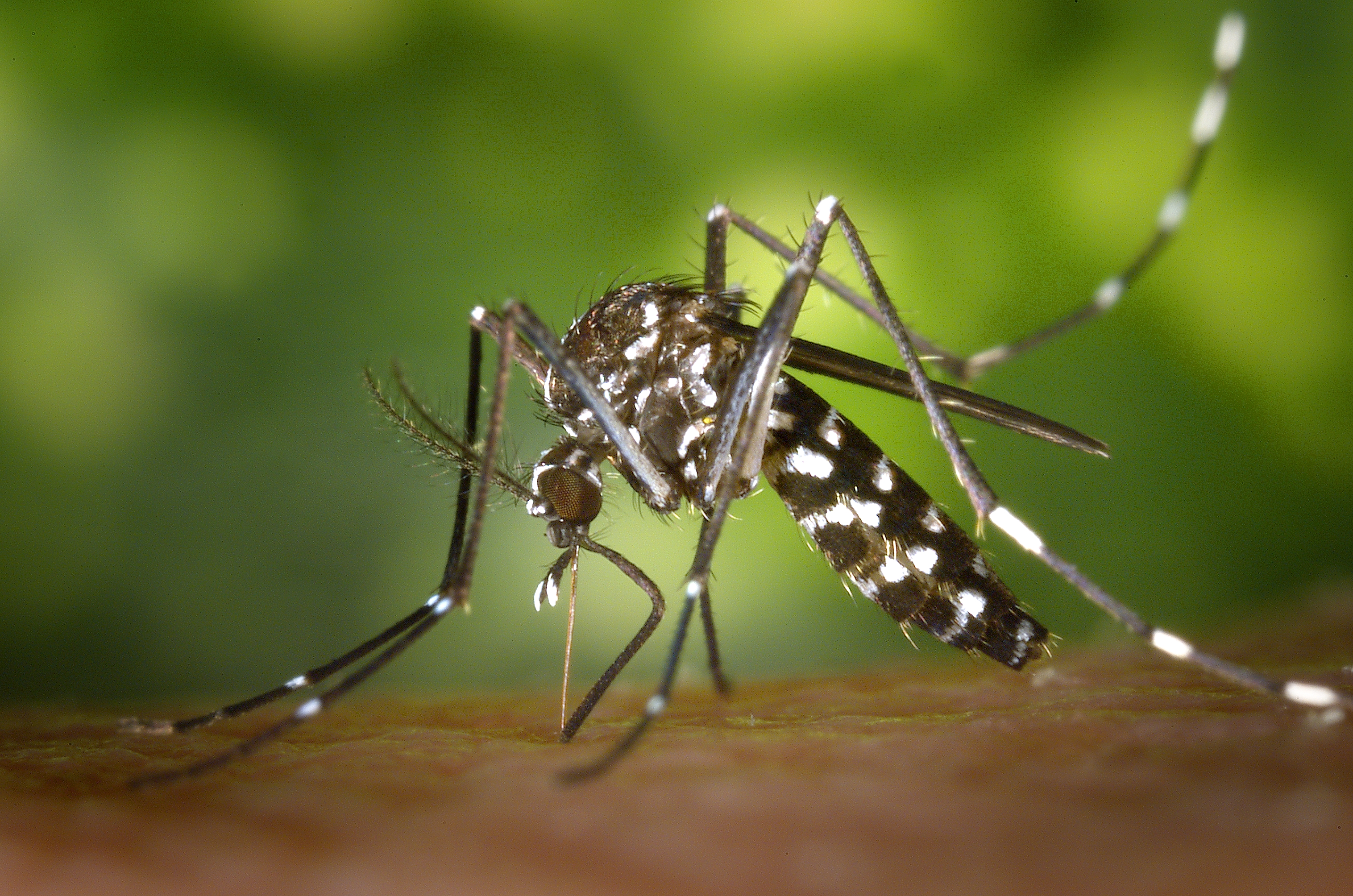
Iceland admits that it diagnosed three tourists returning from Alicante with Chikungunya “by mistake”
A Reykjavik hospital mistakenly diagnosed three Icelandic tourists returning from Alicante with Chikungunya on the 8th June due to “a failure in the laboratory,” according the head of Epidemiology of the Ministry of Health in Iceland, Thorolfur Gudnason.
“The laboratory explained that it has found the cause of the error, which has already been corrected. We have informed all the relevant authorities of this unfortunate incident, including the European Center for Disease Prevention and Control (ECDC), WHO and the Spanish Ministry of Health,” added Gudnason.
Iceland activate a European alert on the 12th June to inform Spain and the ECDC of the three diagnoses, made on a 37 year old woman, her sister and her 5 year old son. The three of them had spent a few days on holiday between 17th and 31st May along with another sister, who lives in Norway. On returning to their country they suffered fever, rash, and pains in the joints, symptoms compatible with chikungunya.
The hospital, which attended the three tourists used a PCR test – “polymerase chain reaction,” able to detect tiny pieces of DNA of pathogens and which has consolidated in recent years as the quickest diagnostic system used throughout the world. The analysis, however, “gave a false positive in all three cases,” admits Gudnason.
The Alert, issued by the Generalitat Valenciana the 14 June was of great relevance as it would have been the first case of local transmission in Spain of this disease, endemic to tropical areas but that in recent years has led to several outbreaks in Italy and France. The motive for these outbreaks is the Aedes albopictus, better known as tiger mosquito, of Asian origin but that in recent years has enjoyed a remarkable expansion throughout southern Europe. The mosquito acquires the virus by biting a person that is already infected, such as a tourist coming from an endemic area. Currently, the Chikungunya virus is having a remarkable resurgence in south-east Asian countries.

The Ministry of Health admits that it has received notice of the error from the laboratory. “Given the important implications of this case, we are waiting to conclude the testing of blood samples at the National Center for Microbiology to be able to ratify that the cases are false positives and close this file”, explained a spokesperson.
These analyses, according to health sources, have turned out negative. So have “repeats of the PCR and antibody tests,” says Gudnason.
The alert sent from Reykjavík activated all protocols set up for these cases. Iceland and Spain, along with the ECDC, initiated a specific follow-up of the possible outbreak. The Generalitat Valenciana, for its part, deployed the environmental health services and team of entomological surveillance of the Universitat de Valencia in Alicante to identify populations of Asian tiger mosquito capable of transmitting the disease. The Hospital of Alicante and health centers in the area were also told to review cases of nonspecific fever and other symptoms compatible with the chikungunya to detect possible cases that could have gone unnoticed.
Leave a reply





Leave a reply